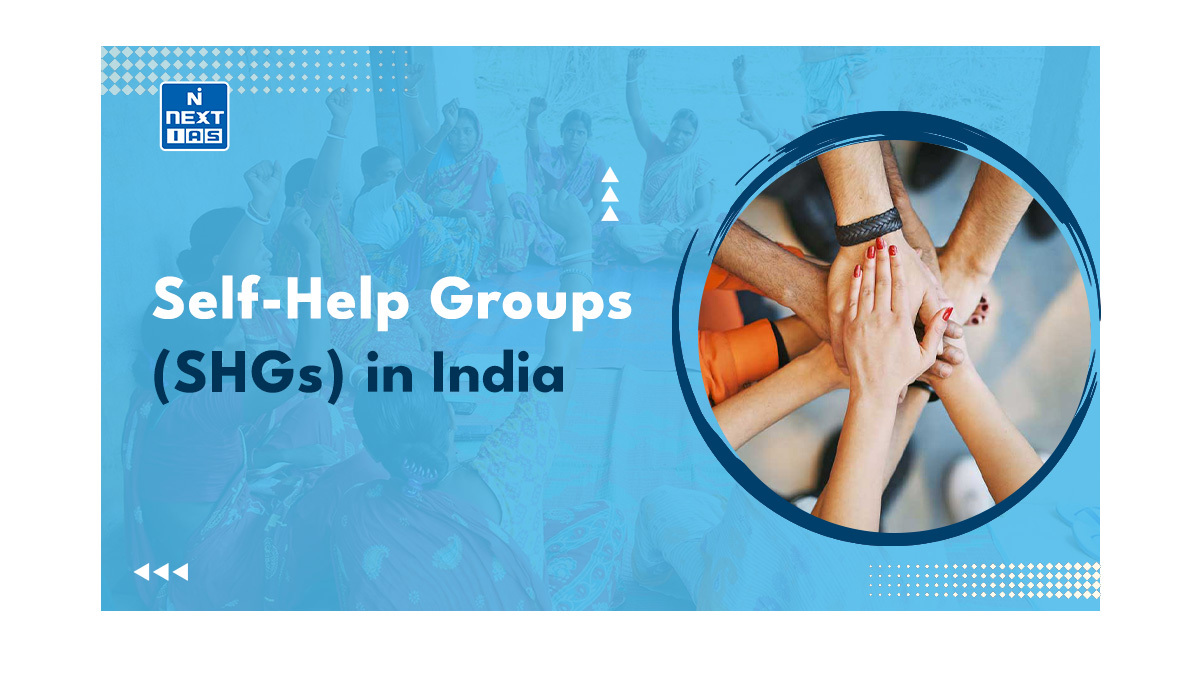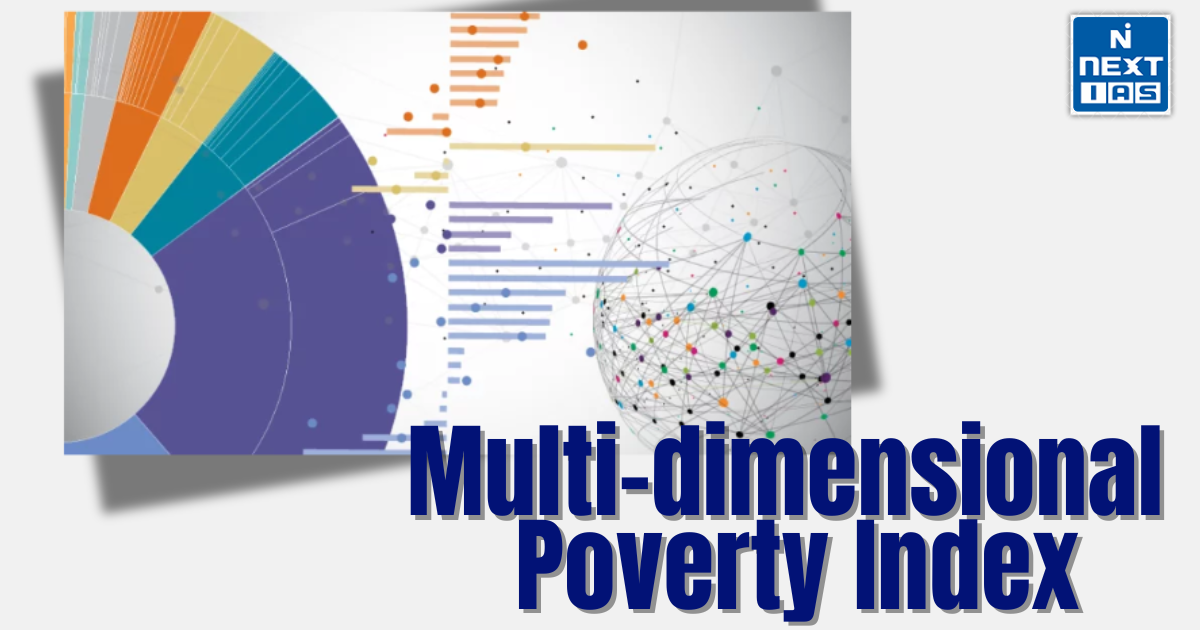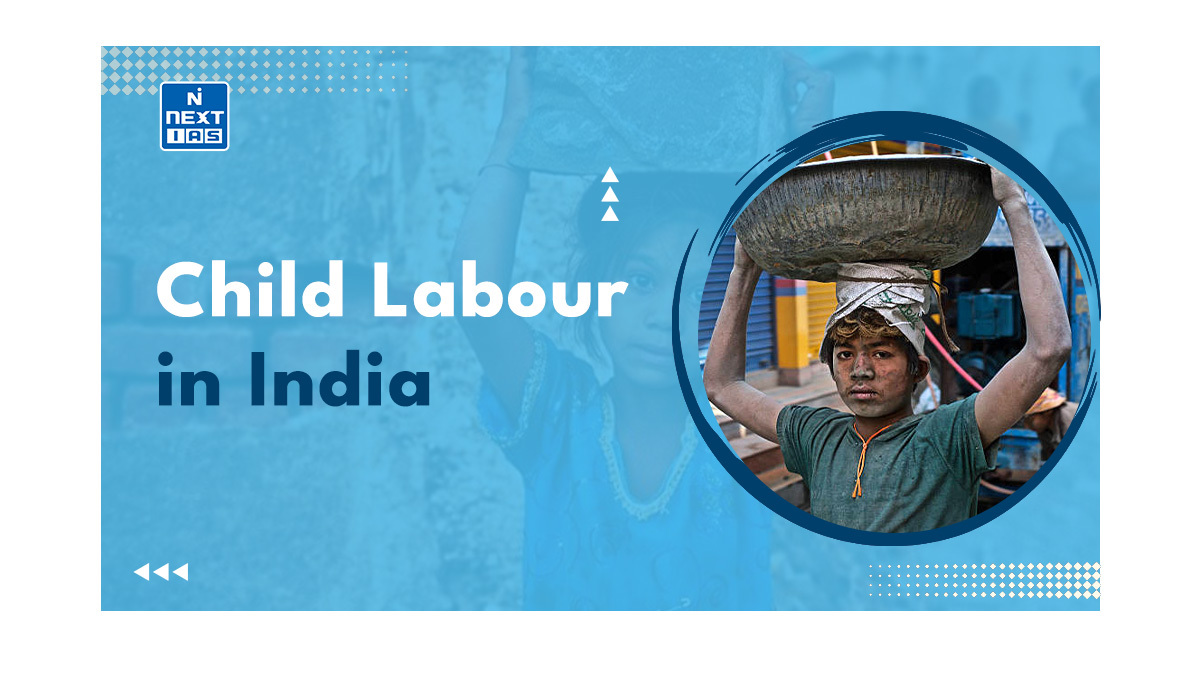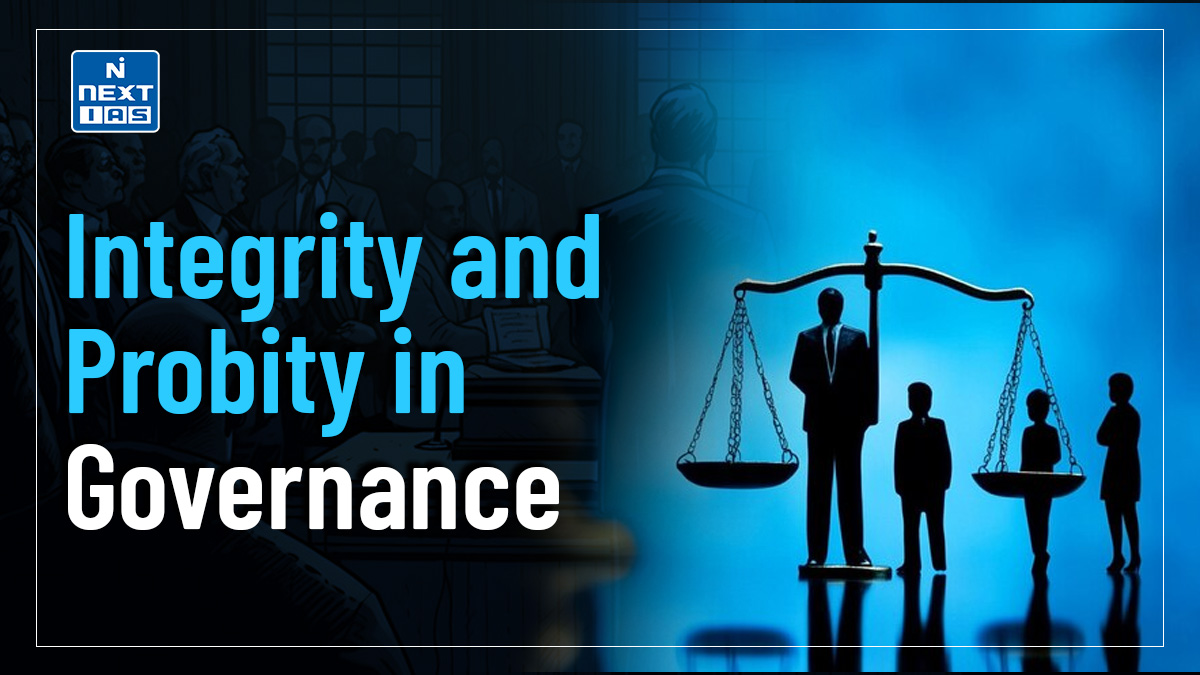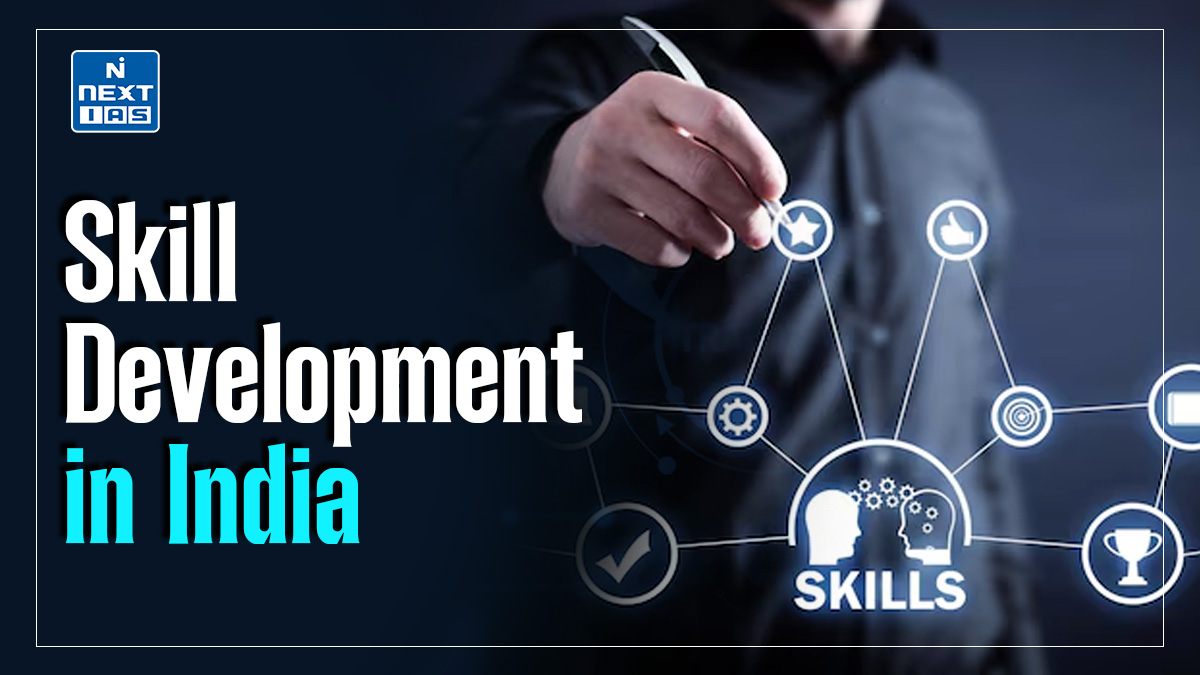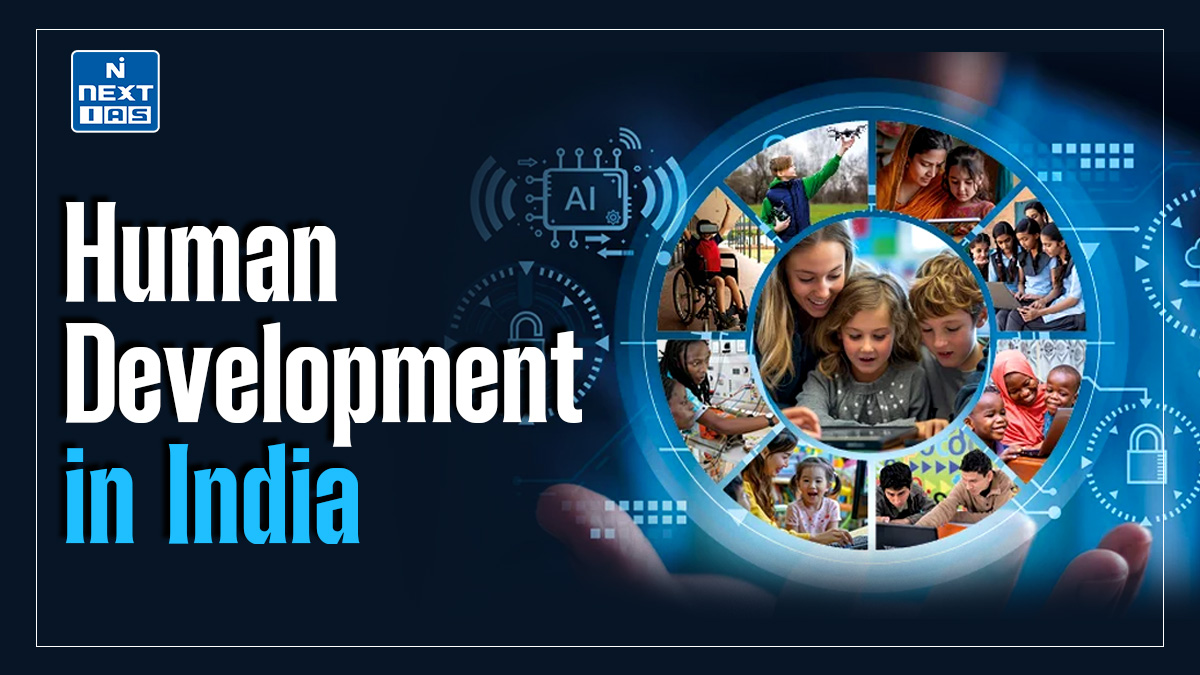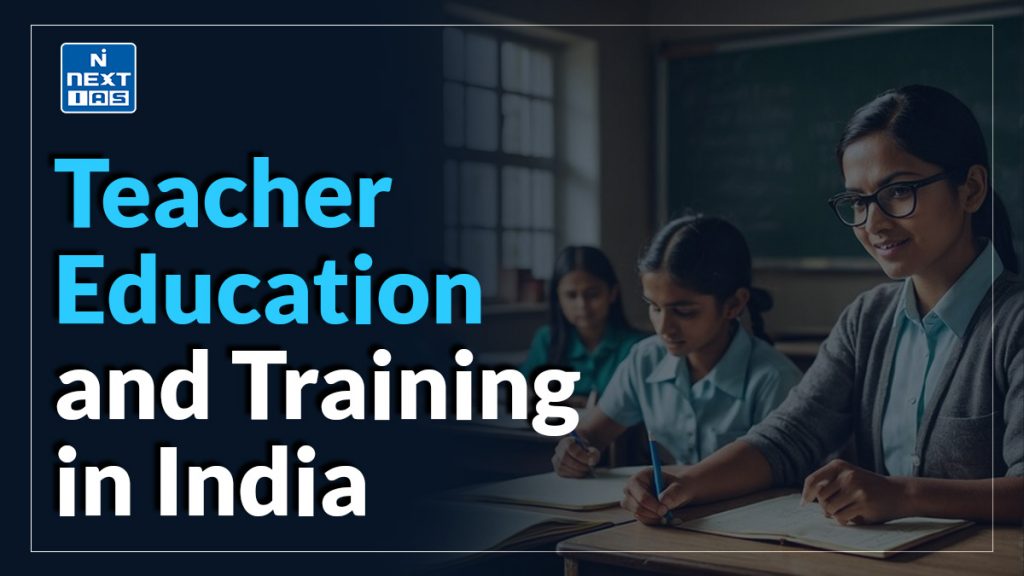
Teacher education and training in India form the backbone of the nation’s educational system, equipping educators with the skills and knowledge necessary to shape future generations. It is crucial for ensuring quality education, fostering innovation, and addressing the diverse needs of learners across the country. This article aims to study in detail the current landscape, challenges, initiatives, and future prospects of teacher education and training in India.
About Education Sector in India
- Education is the cornerstone of national development, and teachers are its architects.
- The quality of education imparted in a country is directly influenced by the training and education of its teachers.
- In India, with its diverse and dynamic educational landscape, teacher education and training are critical in ensuring that the workforce is equipped to meet the challenges of the 21st century.
Evolution of Teacher Education in India
- Pre-Independence Era: Education during this period was largely influenced by British models, with limited emphasis on teacher training.
- Institutions like the Serampore College and the Hindu College introduced teacher training programs, though on a small scale.
- Post-Independence Developments: The University Education Commission (1948-49) and Kothari Commission (1964-66) emphasized the importance of teacher education.
- Establishment of institutions like the National Council for Teacher Education (NCTE) in 1993 marked a turning point by standardizing teacher training programs.
- Contemporary Trends: The National Education Policy (NEP) 2020 has introduced significant reforms, focusing on integrated teacher education programs and continuous professional development.
Structure of Teacher Education in India
- Pre-Service Teacher Education (PSTE): It includes formal teacher training programs like Diploma in Elementary Education (D.El.Ed), Bachelor of Education (B.Ed), and Master of Education (M.Ed).
- Programs are offered by universities, colleges of education, and teacher training institutes.
- In-Service Teacher Training: It focuses on skill enhancement and professional development for practicing teachers.
- It conducted through workshops, online courses, and training modules by institutions like NCERT, SCERTs, and CBSE.
- Alternative Pathways: Programs like Teach for India and innovative digital platforms provide alternative pathways for teacher training, particularly for underprivileged regions.
Challenges in Teacher Education and Training
- Quality Concerns: Many teacher education institutions operate without proper accreditation, leading to compromised quality of training.
- Outdated Curriculum: Teacher education curricula in several institutions fail to align with modern pedagogical needs and technological advancements.
- Inadequate Practical Training: A lack of focus on experiential learning and classroom management skills reduces the practical applicability of training programs.
- Regional Disparities: Urban-rural and state-level disparities result in unequal access to quality teacher education programs.
- Low Social Prestige: Teaching as a profession often lacks the social recognition and financial rewards needed to attract talented individuals.
- Overemphasis on Theory: Excessive focus on theoretical aspects of education undermines the importance of skills like communication, emotional intelligence, and adaptability.
Government Initiatives for Teacher Education
- National Council for Teacher Education (NCTE): It regulates and oversees teacher education programs across the country.
- It develops norms, standards, and guidelines for teacher training.
- Rashtriya Uchchatar Shiksha Abhiyan (RUSA): It focuses on upgrading teacher education institutions through funding and infrastructural support.
- Pandit Madan Mohan Malaviya National Mission on Teachers and Teaching (PMMMNMTT): It aims to improve the quality of teaching by strengthening teacher training institutions and fostering innovation in pedagogy.
- DIKSHA (Digital Infrastructure for Knowledge Sharing): A digital platform providing e-learning resources and training modules for teachers.
- National Education Policy (NEP) 2020: It introduced reforms like the four-year integrated B.Ed program and mandatory professional development for teachers.
- It emphasizes the use of technology and interdisciplinary approaches in teacher training.
Role of Technology in Teacher Training
- E-Learning Platforms: Platforms like SWAYAM, NISHTHA, and DIKSHA offer flexible and accessible training resources for teachers.
- Interactive Tools: Use of AI-driven tools, augmented reality (AR), and virtual reality (VR) enhances training effectiveness.
- Continuous Professional Development (CPD): Technology enables regular skill updates through webinars, online courses, and virtual workshops.
Recommendations for Improvement
- Curriculum Revamp: Introduce modules on technology integration, inclusive education, and soft skills in teacher training programs.
- Focus on Practical Training: Increase the duration of internships and provide real-world teaching experiences in diverse classroom settings.
- Enhancing Accessibility: Strengthen rural teacher training institutes and provide scholarships to marginalized communities.
- Recognition and Incentives: Improve the social and financial status of teaching to attract high-caliber individuals to the profession.
- Regular Assessment and Accreditation: Establish stringent mechanisms to monitor and accredit teacher education institutions.
- Collaboration with International Bodies: Partner with global organizations to bring best practices and innovations into India’s teacher training ecosystem.
Importance of Teacher Education
- Foundation of Quality Education: Teachers are instrumental in shaping the intellectual and moral fabric of society. Effective teacher education ensures that educators are skilled in pedagogy, curriculum delivery, and student engagement.
- Adapting to Changing Needs: With advancements in technology, globalization, and changing societal needs, teachers require continuous training to stay updated with modern teaching practices.
- Policy Implementation: Teachers are the implementers of educational policies. Their training directly affects how policies translate into classroom practices.
- Building Future Generations: Well-trained teachers are essential for nurturing critical thinking, creativity, and values among students, thereby shaping a progressive and innovative society.
Conclusion
Teacher education and training in India are pivotal for the nation’s socio-economic development. While significant strides have been made, challenges remain in ensuring equity, quality, and innovation in teacher training programs. By adopting a holistic approach that integrates modern pedagogies, technological advancements, and policy reforms, India can create a robust system of teacher education.
GS - 2